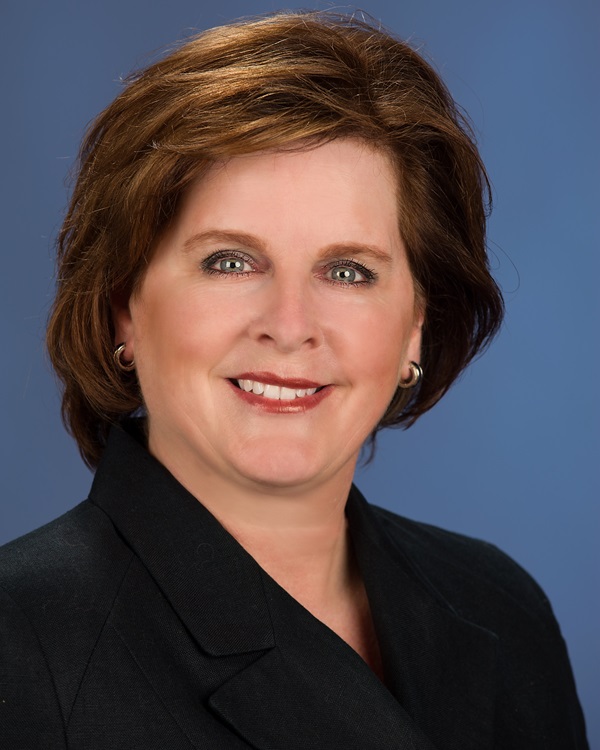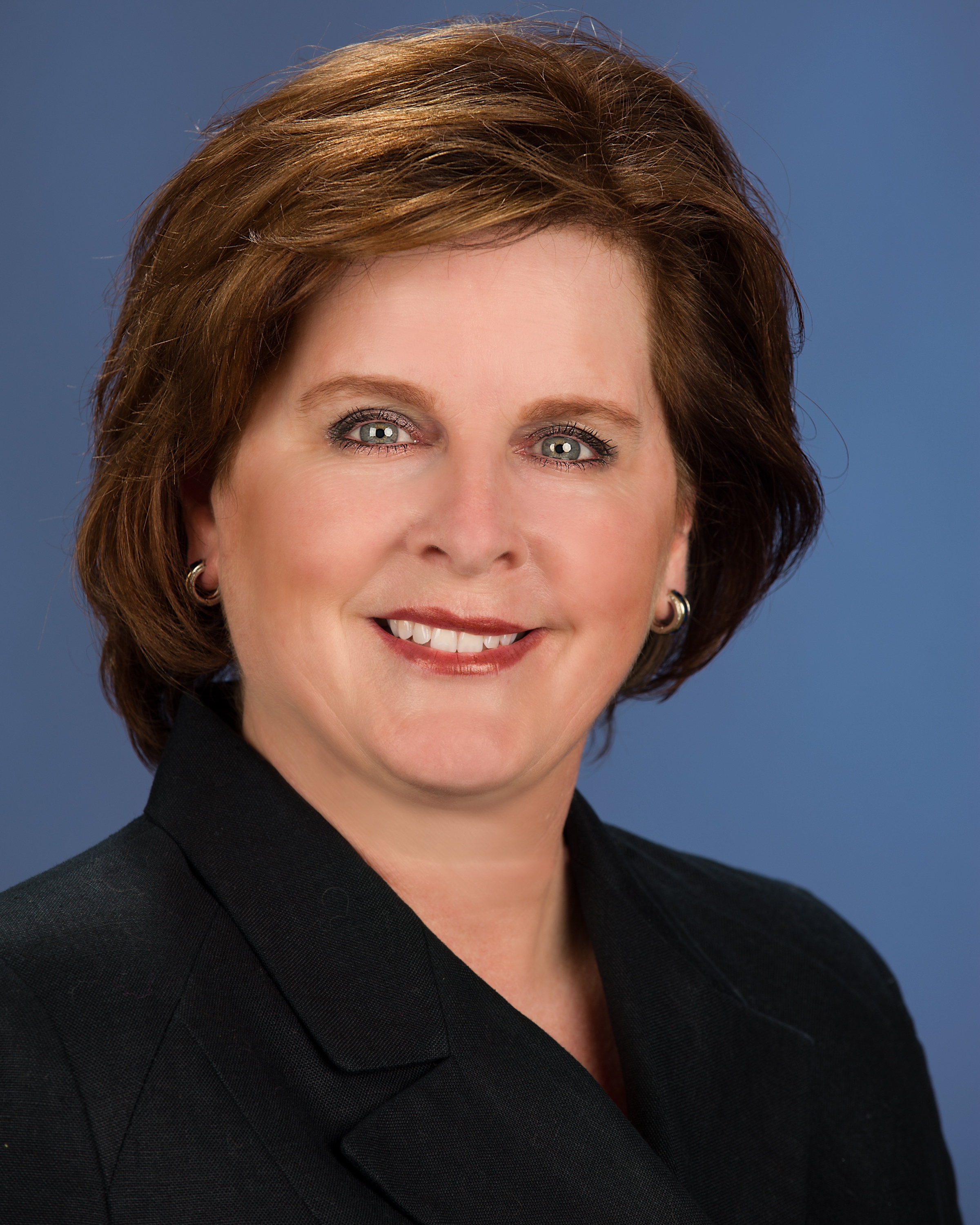Clinical Trials Q&A: Income disparities
Dana Dornsife, founder and president of the Lazarex Cancer Foundation, discussed the problem of income disparities in clinical trial participation.

Clinical Trials Q&A: Income disparities
Dana Dornsife, founder and president of the Lazarex Cancer Foundation, discussed the problem of income disparities in clinical trial participation.

Clinical Trials Q&A: Income disparities
 Conversations and healthy debate about issues facing our industry and the health care system are critical to addressing some of today’s challenges and opportunities. The Catalyst welcomes guest discussions, including patients, stakeholders, innovators and others, to share their perspectives and point of view. Views represented here may not be those of PhRMA, though they are no less key to a healthy dialogue on issues in health care today. To learn more about what the Lazarex Cancer Foundation is doing to help address the problem of income disparities in clinical trial participation, we spoke with the Foundation’s president, Dana Dornsife, who first became involved in cancer patient advocacy when her brother-in-law, Mike Miller, was diagnosed with pancreatic cancer.
Conversations and healthy debate about issues facing our industry and the health care system are critical to addressing some of today’s challenges and opportunities. The Catalyst welcomes guest discussions, including patients, stakeholders, innovators and others, to share their perspectives and point of view. Views represented here may not be those of PhRMA, though they are no less key to a healthy dialogue on issues in health care today. To learn more about what the Lazarex Cancer Foundation is doing to help address the problem of income disparities in clinical trial participation, we spoke with the Foundation’s president, Dana Dornsife, who first became involved in cancer patient advocacy when her brother-in-law, Mike Miller, was diagnosed with pancreatic cancer.
JOCELYN ULRICH: Will you share a little bit more with us about the work you do at the Lazarex Cancer Foundation?
DANA DORNSIFE: The Lazarex Cancer Foundation is now in its 10th year of helping advanced-stage cancer patients navigate through clinical trial options. If patients are chosen and accepted for clinical trials, Lazarex helps cover ancillary costs, such as airfare, lodging, parking and other medical costs that may not be covered by insurance. Because patients are often physically unable to travel alone, the Lazarex Cancer Foundation also covers the cost for a travel companion.
By providing the support that we do, Lazarex is able to remove three of the primary barriers to clinical trial participation:
JOCELYN ULRICH: How does the Lazarex Cancer Foundation identify patients that might need assistance to participate in a clinical trial?
DANA DORNSIFE: In most cases, patients find Lazarex and apply for financial assistance. Patients and their loved ones are constantly looking for information on treatments and clinical trial opportunities, just like I did when my loved one was sick 12 years ago.
Additionally, the cancer community is an active and connected network, and oftentimes there are patient-to-patient referrals and conversations about clinical trials, which help people in need find resources like Lazarex.
We also maintain relationships with 38 of 45 comprehensive cancer centers and an additional 80 clinical trial cancer sites across the United States that contact us if they have patients who meet enrollment criteria and have been accepted for a trial but choose not to participate due to financial distress – or have already been enrolled but have to drop out due to financial difficulty.
JOCELYN ULRICH: What policy changes do you think would be helpful in assisting potential clinical trial participants that are from lower socioeconomic backgrounds?
DANA DORNSIFE: We need to acknowledge that finances are a barrier to clinical trial participation, especially in the case of people who are medically underserved and in a challenging socioeconomic situation. Although it is unethical to compensate a patient for their participation in a clinical trial, it is very different to simply reimburse a patient for the costs that they have incurred as a result of participating in a clinical trial.
I think that policy changes need to come about that acknowledge cost reimbursement as different from inducement or “pay to play.”
JOCELYN ULRICH: What types of information or education are most effective in encouraging people to participate in clinical trials, beyond the financial costs?
DANA DORNSIFE: If patients are looking into clinical trials, they are often in the late stage and out of options. Clinical trials provide a lifeline for these patients. Patients are motivated by the fact that they want to see their kids graduate from high school, meet their grandkids – whatever their milestone is as they’re fighting this disease. They also understand the value of participating for other patients. Even if the trial isn’t successful, they understand they are helping pave the pathway to treatments and a cure for other patients. The more we can spread and share the word about clinical trials, the more people can understand the value of them.
 Dana L. Dornsife received her undergraduate degree in business from Drexel University, Philadelphia, Interior Design Certification from JFK University, San Francisco and her Lighting Design Certification through the Illuminating Engineering Society of North America. In 1991, she co-founded Axiom Design, Inc., a lighting design and architectural electronics consulting firm. In 2003, she turned her focus toward cancer as she watched a family member succumb to pancreatic cancer at age 42. In 2006, she founded Lazarex Cancer Foundation and currently serves as its president.
Dana L. Dornsife received her undergraduate degree in business from Drexel University, Philadelphia, Interior Design Certification from JFK University, San Francisco and her Lighting Design Certification through the Illuminating Engineering Society of North America. In 1991, she co-founded Axiom Design, Inc., a lighting design and architectural electronics consulting firm. In 2003, she turned her focus toward cancer as she watched a family member succumb to pancreatic cancer at age 42. In 2006, she founded Lazarex Cancer Foundation and currently serves as its president.
Dana serves on several boards: Epeius Biotechnologies, developing genetic medicines for the treatment of cancer; the USC Brain and Creativity Institute; USC Center for Civic Engagement and the Yosemite Conservancy. Dana and her husband, Dave Dornsife, a USC Trustee, are council members of the Yosemite Conservancy and support a WASH initiative, Water, Sanitation and Hygiene, in 22 countries throughout Africa through World Vision, an international humanitarian agency.